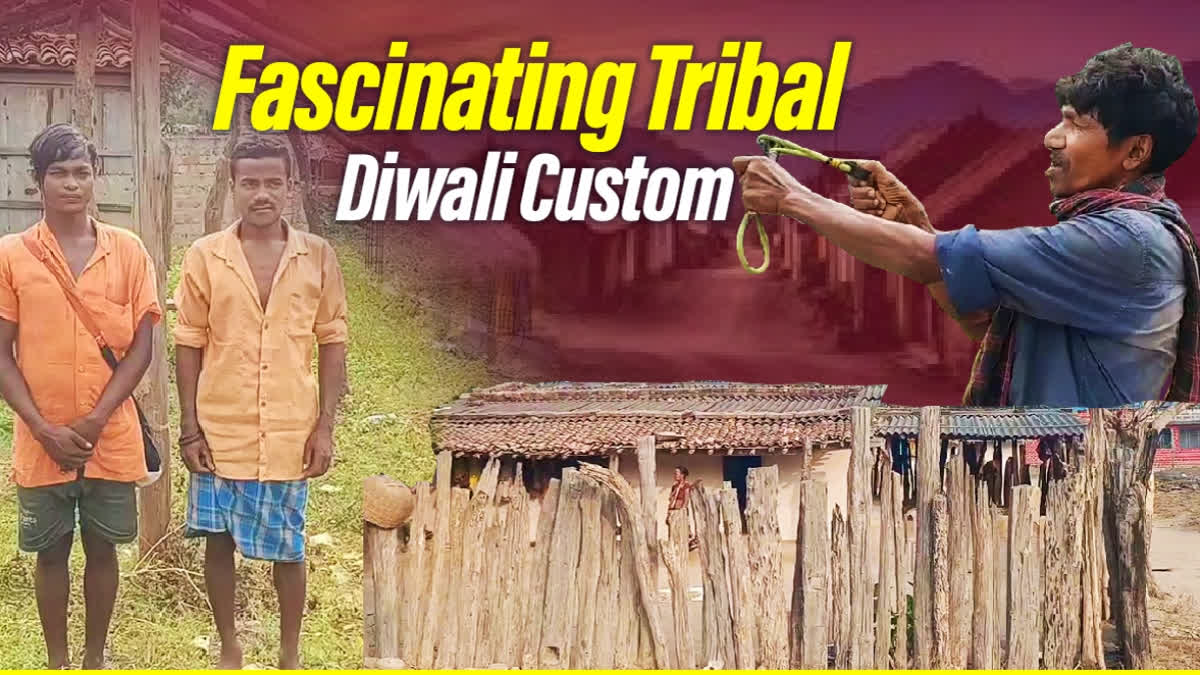Korba: While most of India is dusting, decorating, and dazzling up their homes for Diwali, the Korwa and Birhor tribes in Chhattisgarh celebrate in a way that literally breaks the mould. They are tearing down their houses! In these remote villages, Diwali is marked not by cleaning up, but by breaking down.
A Festival for Ancestors, Not Firecrackers
In villages like Korai, Devpahari, Devduari, and Chatabahar, tucked away in Chhattisgarh’s Korba district, the Korwa and Birhor communities observe Diwali with a twist. Instead of tidying up, they demolish the homes where any family member has passed away.
After breaking down the house, we perform the final rites and start fresh, building a new home on the same spot. It’s an age-old tradition, a literal teardown to build up again. The house where a relative or ancestor passed away gets torn down on Diwali, and we host a feast to honour their spirit. — Budhwar Sai Korwa, Resident of Korai village
For the Birhor community in Devduari, Diwali isn’t a festival of lights and sweets. It’s a day of remembrance. "We don’t celebrate Diwali like the rest of the world. We honour our ancestors instead. If a family member has died, we dismantle the home on Diwali, honouring their memory. Then, we build a new home elsewhere. For us, it’s a clean break—a fresh start. — Dil Ram, a tribesman of the Birhor community
Dil Ram, who lost his parents early in life, says that holding on to these customs is one of the few ways he feels connected to his heritage. "I may never have seen a classroom, but I won’t abandon our traditions. These are our roots, and we want the next generation to inherit them,” he insists.
Holding Traditions Bright
In Devduari, resident Sobin Sai Birhor sheds light on the struggles of tribal life in the forests of Chhattisgarh.
“We live in remote areas with no access to electricity, water, or roads. The entire village stays in darkness, relying on solar lights that last only a few hours each night, but that doesn’t dim their dedication to tradition. Breaking down our homes and holding a feast on Diwali is something we all do. We may live simply, but our culture is rich, and nobody wants to lose it. - Sobin Sai Birhor from Devduari village
Tradition That Goes Way Back
The very name of Korba district pays homage to the Pahadi Korwa tribes, who are among the oldest inhabitants of this region. Villages like Devpahari, Korai, and Chatabahar continue to practice these ancient traditions, undeterred by modernity. For these communities, Diwali is festival that involves rebuilding, remembering, and respecting their roots.



